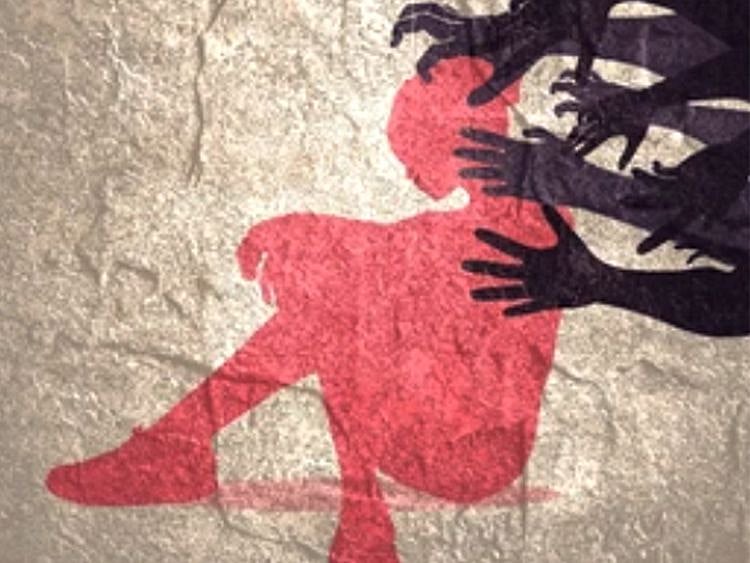Last month we marked a pivotal moment in our collective consciousness — the International Day for the Elimination of Violence Against Women. On this day, we stand not only in solidarity with women across the globe but in defiance against the deeply ingrained violence that continues to tear apart lives, families, and communities.
As a woman, this day serves as both a reminder of how far we’ve come and a wake-up call for how much further we must go. Violence against women is not just an isolated issue — it is a global epidemic that transcends borders of culture, class, and geography.
It exists in every corner of the world, claiming the lives of millions of women every year. From physical abuse and sexual violence to emotional manipulation and economic control, the forms may vary, but the impact is universally devastating.
For many women, the fear of violence is a daily reality. We walk our streets, our neighbourhoods, and even our own homes with a lingering sense of vulnerability. The simple act of being a woman often becomes an invitation for others to exert control, intimidate, or harm us.
The numbers are stark
According to the World Health Organisation, one in three women will experience physical or sexual violence in her lifetime. This statistic is not just a number — it reflects the lived reality of millions.
But the violence women face is not limited to the physical. It is emotional and psychological as well. Belittlement, coercion, and manipulation chip away at our self-worth.
Society often silences our voices and diminishes our autonomy, placing the burden of shame on victims instead of perpetrators. For too long, the cycle of abuse has been dismissed as a “private” or “domestic” issue. This must end.
It is crucial that we confront the silence that surrounds violence against women. The statistics are unsettling, but it’s only by listening to the stories — the voices of women who have survived, those who have died, and those still too afraid to speak — that we can fully understand the scope of the problem.
Every woman who experiences violence is a person with dreams, aspirations, and a future. Violence against women is not just an assault on our bodies; it is an assault on our dignity and humanity.
We deserve to thrive
As women, we deserve more than survival. We deserve to thrive — to be seen, heard, and respected. We should be able to walk through the world with the confidence that we are not only safe but valued. Our voices are not to be silenced, our bodies are not battlegrounds, and our futures are ours to shape.
The fight to end violence against women is not just about remembering the victims, but about action. It demands systemic change. Laws must be strengthened, support systems must be expanded, and awareness must be raised. But change also begins with each of us.
It starts with challenging the attitudes that perpetuate gender-based violence — whether in our homes, workplaces, or social circles. It begins with the courage to speak out and advocate for those whose voices have been silenced by violence.
We all share responsibility in this fight. By standing together — survivors, advocates, allies — we can help create a world where women are not just safe, but free to thrive. It starts with us: listening, supporting, and demanding change. Only then can we begin to build a future where violence against women is no longer an option.
Let us remember the words of Malala Yousafzai: “We cannot all succeed when half of us are held back.” Our collective success depends on the freedom and dignity of all women.
— Maram Saleh, a Bahraini law student, finds inspiration in the realms of research and writing
Sign up for the Daily Briefing
Get the latest news and updates straight to your inbox
Network Links
GN StoreDownload our app
© Al Nisr Publishing LLC 2026. All rights reserved.
